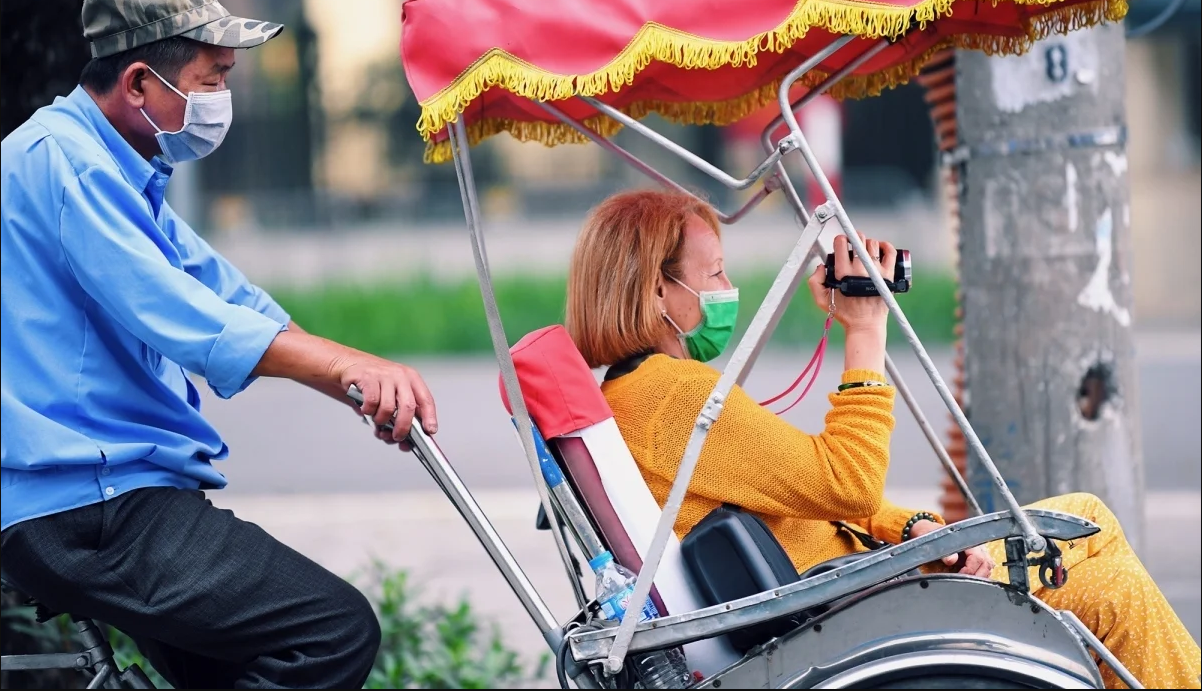Staying up late makes it easy to get respiratory diseases
Staying up late makes the body more susceptible to respiratory infections such as colds and flu, increasing the risk of asthma and allergies.
Master, Doctor Le Thi Hong Tham, Department of Respiratory Medicine, Hanoi Tam Anh General Hospital, said that not getting enough sleep depletes physical and mental health. Many scientific studies have linked poor sleep to a number of health problems, including a weakened immune system.
During sleep, the immune system produces infection-fighting substances such as antibodies and cytokines, which help fight foreign pathogens such as bacteria and viruses. Lack of sleep interferes with the functioning of the immune system, which can make the body more susceptible to infection and take longer to recover from an infection.
For the respiratory system, staying up all night can easily cause respiratory infections such as colds and flu. In people with pre-existing chronic lung conditions such as asthma or COPD, lack of sleep makes symptoms worse.
Many studies demonstrate the influence of staying up late on respiratory diseases. According to a study published in ERJ Open Research, teenagers who like to stay up late are 3 times more likely to develop asthma, and 2 times more likely to have allergic rhinitis than those who sleep earlier. The researchers found a link between sleep duration and asthma and allergies in adolescents. While it's not known for certain that staying up late causes asthma, there is evidence that the sleep hormone melatonin is often inactive in late sleepers. This affects allergic reactions in adolescents.
Another British study found that people who regularly sleep more than 11 hours or less than 4 hours a day are 2-3 times more likely to develop pulmonary fibrosis than those who sleep for 7 hours a day.

Tham said that in addition to external factors that hinder sleep such as noise, electronic devices, many cases of sleep difficulty, lack of sleep due to underlying diseases in the lungs. People with chronic obstructive pulmonary disease, asthma, pleural disease, hypoventilation syndrome, sleep apnea... often have breathing abnormalities, lack of oxygen and increased CO2, poor sleep quality.
To sleep well and get enough sleep, Dr. Tham advises patients to keep the air in the bedroom fresh, limit the use of substances that can irritate the airways such as scented candles, room sprays, fresh flowers, carpets; Clean bed sheets and mattress regularly. Bedrooms with ceiling fans or air conditioners need to be cleaned to avoid dust and bacteria spreading into the air.
For those who have difficulty sleeping due to a medical condition, the patient needs to treat the cause first. With asthma, the patient needs to follow the doctor's treatment plan, avoid the causative agent, and elevate the pillow when lying down to open the airway. With COPD, patients need to quit smoking, avoid exposure to secondhand smoke and other harmful substances, and adhere to a treatment plan. With sleep apnea syndrome, the patient may need treatment such as continuous positive airway pressure (CPAP), wearing an oral device, etc.
* SOURCE: https://vnexpress.net/thuc-night-khien-de-mac-benh-ho-hap-4606676.html









 Facebook
Facebook
 Tweet
Tweet
 Zalo
Zalo







 News
News

















 Sign in with Facebook
Sign in with Facebook
 Sign in with Google
Sign in with Google